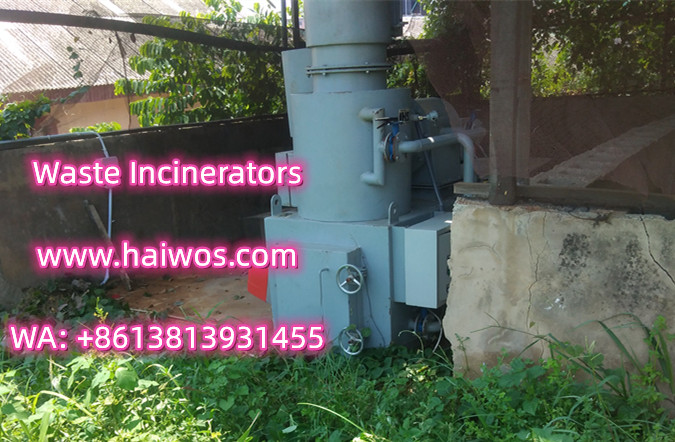Medical Waste Disposal 101: Essential Knowledge for Healthcare Professionals
Proper medical waste disposal is crucial for the safety and well-being of both healthcare professionals and the general public. Healthcare facilities generate a significant amount of medical waste, including infectious materials, sharps, and pharmaceuticals, which can pose serious health risks if not handled and disposed of properly. Healthcare professionals play a vital role in ensuring the safe and proper disposal of medical waste, and it is essential that they have a thorough understanding of the best practices for managing and disposing of this potentially hazardous material.
One of the first steps in medical waste disposal is the proper segregation and packaging of different types of waste. Healthcare professionals should be trained to identify and separate different categories of medical waste, including infectious waste, hazardous waste, and non-hazardous waste. This segregation is essential for ensuring that each type of waste can be disposed of in the most appropriate manner, whether through autoclaving, incineration, or landfill disposal. Sharps, such as needles and scalpels, should be placed in puncture-resistant containers to prevent accidental needlestick injuries and potential exposure to bloodborne pathogens.
In addition to proper segregation and packaging, healthcare professionals must also be aware of the regulations and guidelines governing medical waste disposal in their jurisdiction. The U.S. Environmental Protection Agency (EPA) and the Occupational Safety and Health Administration (OSHA) have established specific regulations for the handling, storage, and disposal of medical waste to protect public health and the environment. Healthcare professionals must stay updated on these regulations and ensure that their facilities are in compliance with the law to avoid potential fines and penalties.
Furthermore, healthcare professionals should be well-versed in the best practices for handling and transporting medical waste. This includes using appropriate personal protective equipment (PPE) when handling medical waste, such as gloves, gowns, and masks, to minimize the risk of exposure to potentially infectious materials. Proper training in the safe handling and transportation of medical waste is crucial for preventing accidents and exposures that could harm healthcare workers, patients, and the general public.
Finally, healthcare professionals should be knowledgeable about the options for proper disposal of medical waste. Many healthcare facilities use on-site treatment methods, such as autoclaving or microwave disinfection, to render infectious waste non-infectious before it is sent to a landfill. Some facilities also use waste-to-energy facilities to incinerate medical waste and produce energy in the process. Pharmaceuticals and hazardous waste must be disposed of in compliance with specific regulations and guidelines to prevent environmental contamination and potential harm to human health.
In conclusion, proper medical waste disposal is a critical aspect of healthcare operations that requires the attention and expertise of healthcare professionals. By understanding the regulations and best practices for managing and disposing of medical waste, healthcare professionals can ensure the safety and well-being of both their colleagues and the public. With comprehensive training and a commitment to compliance with the law, healthcare professionals can play a crucial role in maintaining a safe and sustainable environment for all.



